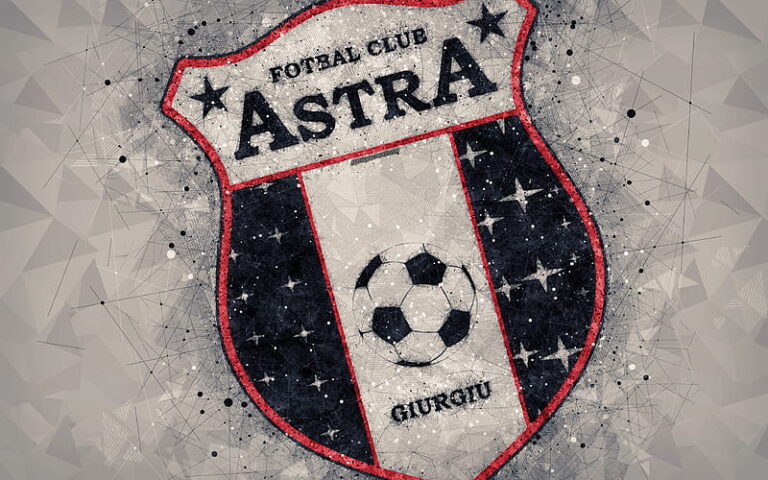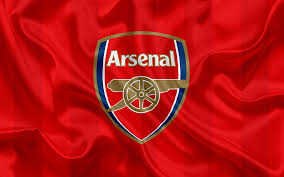
Chelsea FC: From Grit to Glory in English Football
Chelsea FC isn’t just a football club—it’s a symbol of transformation and tenacity. Born in London in 1905, this iconic team has evolved from mid-table obscurity into a Premier League titan, boasting legendary players and unforgettable victories. Through dramatic highs and heartbreaking lows, Chelsea’s journey is one of bold ambition, fierce rivalries, and global admiration. Whether conquering Europe or igniting Stamford Bridge with electric performances, the Blues continue to redefine greatness. For fans across continents, Chelsea FC represents more than a badge—it’s a legacy built on dreams, determination, and the unbreakable spirit of champions.
Historical Context: From Humble Beginnings to Prominence
Understanding the ascent of Chelsea FC requires delving into its early history and how the club navigated through the competitive landscape of English football.
The Formation and Early Years
Chelsea Football Club was founded in March 1905 at The Rising Sun pub in Fulham, London. The vision was to create a team that could compete at the highest levels of English football. Initial years were marked by limited success, with fluctuating performances in the league. The club had to grapple with issues of identity and fan engagement, gradually building a loyal following.
The turning point came when the club gained promotion to the Football League First Division in 1907. Fans began to flock to Stamford Bridge, creating a vibrant atmosphere that would become synonymous with Chelsea FC. Despite not clinching major trophies in its earlier years, the club built a reputation for attracting star players, becoming a hub of talent and ambition.
The Pre-War Era and Post-War Recovery
The pre-war era saw Chelsea FC experiencing mixed fortunes; however, the club did secure its first significant trophy—the FA Cup—in 1970. That victory marked a milestone in club history and ignited a sense of hope among supporters. Following World War II, Chelsea entered a phase of instability, struggling to regain its footing in the competitive landscape of English football.
It wasn’t until the late 1990s that Chelsea’s fortunes began to shift dramatically. Influential signings coupled with strong managerial appointments positioned the club for a transformative period that would redefine its legacy.
The Emergence as a Contender
In the late 90s, Chelsea FC began to emerge as a serious contender in English football. Under the guidance of manager Ruud Gullit and later Gianluca Vialli, the club adopted an aggressive approach to the transfer market, securing talents such as Gianfranco Zola, who became a symbol of creativity and flair for the team.
This period set the stage for the broader evolution of Chelsea’s ambitions. The club’s focus shifted towards not just participating in competitions but actively competing for titles. This trajectory would soon be accelerated by the arrival of significant investment and resources that would elevate Chelsea to new heights.
The Abramovich Era: A Transformative Ownership
The acquisition of Chelsea FC by Russian billionaire Roman Abramovich in 2003 marked a seismic shift in the club’s trajectory, ushering in an era characterized by unprecedented investment and ambition.
Financial Injection and Transformation
Abramovich’s arrival brought with it substantial financial backing, allowing Chelsea FC to pursue top-tier talent across the globe. No longer bound by budget constraints, the club embarked on a spending spree that would reshape its squad. Players like Didier Drogba, Frank Lampard, and John Terry became pivotal figures, establishing a core that would lead the club to glory.
With this injection of cash, Chelsea transformed its facilities, enhancing training grounds and infrastructure. This comprehensive strategy ensured that the club would not only compete for immediate honors but also lay the groundwork for long-term success.
The Impact on the Premier League Landscape
The influx of money into Chelsea FC had ripple effects throughout the Premier League. It triggered a wave of other clubs to invest heavily, leading to increased competition. Chelsea’s transformation altered perceptions of how clubs operated financially and strategically. No longer was football solely about tradition; it became a business where results dictated spending and success.
This newly competitive environment forced other teams to innovate, refine their recruitment strategies, and enhance player development programs. As Chelsea rose, so too did the overall caliber of English football, culminating in one of the most competitive eras in Premier League history.
Managerial Instability and Success
While the money flowed freely, Chelsea also experienced considerable managerial turnover during Abramovich’s tenure. The club employed a series of high-profile managers, each bringing unique philosophies and tactics. From Jose Mourinho’s charismatic leadership to Carlo Ancelotti’s tactical acumen, each coach left an indelible mark on the club’s identity.
Mourinho’s first stint at Chelsea is particularly noteworthy. He arrived with a reputation for winning, and his no-nonsense approach resonated with the club’s ambitions. Under his guidance, Chelsea clinched their first Premier League title in the 2004-2005 season, marking the beginning of a new dynasty. His ability to foster unity and instill a winning mentality within the squad was crucial to the team’s success.
Key Managers: Shaping Identity and Philosophy
The role of managers in defining the ethos and playing style of Chelsea FC cannot be overstated. Each managerial appointment has shaped the club’s identity, influencing not only results but also the broader perception of the club.
The Tactical Evolution Under Various Coaches
From the pragmatic approach of José Mourinho to the more fluid attacking style under Maurizio Sarri, Chelsea FC has gone through various tactical evolutions over the years. Each managerial regime brought fresh ideas and strategies that defined the team’s playing style.
Mourinho’s emphasis on defensive solidity and counter-attacking football laid the foundation for subsequent coaches. His belief in mental fortitude and psychological preparation fostered a winning mentality among players.
When Ancelotti took the helm, he introduced a more balanced approach, emphasizing possession-based football while retaining the club’s tactical discipline. His ability to manage big personalities and align them toward common goals led to a historic double-winning season in 2010.
The Role of Player Management and Development
A key aspect of any successful manager is the ability to manage and develop players. At Chelsea FC, this has often meant balancing the needs of established stars with those of emerging talents. Managers like Frank Lampard, a former player himself, exemplified this approach, integrating youth players from the academy into the first-team setup.
Lampard’s tenure saw the likes of Mason Mount and Reece James flourish, showcasing the importance of nurturing homegrown talent. This echoed Chelsea’s broader philosophy of blending experience with youthful exuberance, ensuring that the club remains competitive while developing future stars.
The Legacy of Winning Culture
The impact of managers extends beyond tactical approaches; they cultivate a culture of winning that permeates every level of the club. Chelsea FC has developed a reputation for tenacity, resilience, and a refusal to accept defeat, traits instilled by successive managers. From Mourinho’s famed “Special One” persona to Thomas Tuchel’s tactical flexibility, the club has fostered an environment where success is expected.
This winning culture becomes evident in critical matches and high-stakes situations. It fosters an unshakeable belief in the ability to overturn deficits and achieve greatness, making Chelsea a formidable opponent regardless of circumstances.



